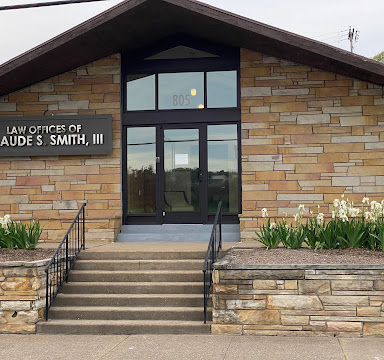
How Trusts Help with Asset Protection As the number of people aged 65 plus continues to increase, more seniors realize they must address the cost of long-term health care, which can quickly devour assets intended for retirement or inheritances. Those who can prepare in advance do well to consider asset protection trusts, says the article “Asset protection is major concern of aging population” from The News Enterprise.
Asset protection trusts are irrevocable trusts in which another person manages the trust property and the person who created the trust—the grantor—is not entitled to the principal within the trust. There are several different types of irrevocable trusts used to protect assets. Still, one of the more frequently used irrevocable trusts for the purpose of protecting the grantor’s assets is the Intentionally Defective Grantor Trust, called IDGT for short.
As a side note, Revocable Living Trusts are completely different from Irrevocable Trusts and do not provide asset protection to grantors. Grantors placing their property into Revocable Living Trusts maintain the full right to control the property and use it for their own benefit, meaning any assets in the trust are not protected during the grantor’s lifetime.
IDGTs are irrevocable, and grantors have no right to principal and may not serve as a trustee, further limiting the grantors’ access to the property in the trust. Grantors may, however, receive any income from trust-owned property, such as rental properties or investment accounts.
During the grantor’s lifetime, any trust income is taxed at the grantor’s tax bracket rather than at the much higher trust tax bracket. Upon the grantor’s death, beneficiaries receive appreciated property at a stepped-up tax basis, avoiding a hefty capital gains tax.
While the term “irrevocable” makes some people nervous, most IDGTs have built-in flexibility and protections for grantors. One provision commonly included is a Testamentary Power of Appointment, which allows the grantor to change beneficiary designations.
IDGTs also include clauses providing for the grantors’ exclusive right to reside in the primary residence. However, if the grantor needs to change residences, the trustee may buy and sell property within the trust as needed.
IDGTs provide for two different types of beneficiaries: lifetime and after-death beneficiaries. Lifetime beneficiaries are those who will receive shares of the total estate upon the death of the grantor. Lifetime beneficiary provisions are important because they allow the grantor to make gifts from the trust principal. Hence, there is always at least one person who can receive the trust principal if need be.
Asset protection trusts are complicated and require the help of an experienced estate planning attorney. However, when used properly, they can offer protection from unanticipated creditors, long-term care costs and even unintended tax liabilities.
The Law Offices of Claude S. Smith, III
Reference: The News Enterprise (March 4, 2023) “Asset protection is major concern of aging population”
Legal problems are extremely stressful, especially when your family, your health, or your freedom are at stake. At this point in time, you may not even be sure what kinds of questions you need to ask a lawyer, but that’s entirely normal. Whether your situation involves family law, estate planning, elder law, a criminal charge, or a personal injury, we will start by giving you all the information you need.
The way we see it, you deserve to get this information directly from an expert. That’s why we make it easy for you to get in touch with your lawyer, and we never ask you to sit down with a paralegal or assistant instead.
As our relationship continues, we will keep you updated about the status of your case every step of the way. Your lawyer will reach out regularly to tell you about any new developments, and he will also be happy to answer any questions you have throughout the process.
